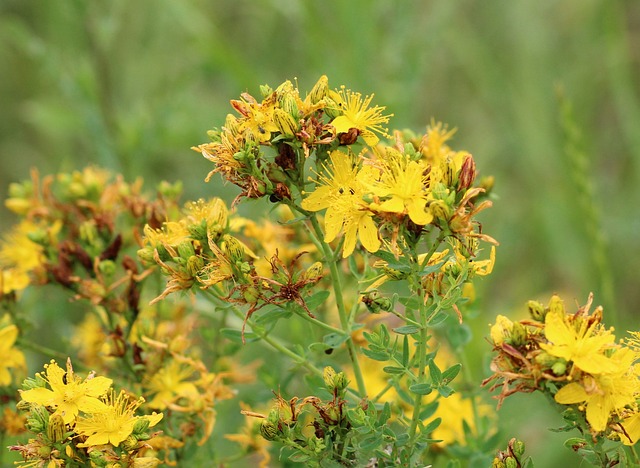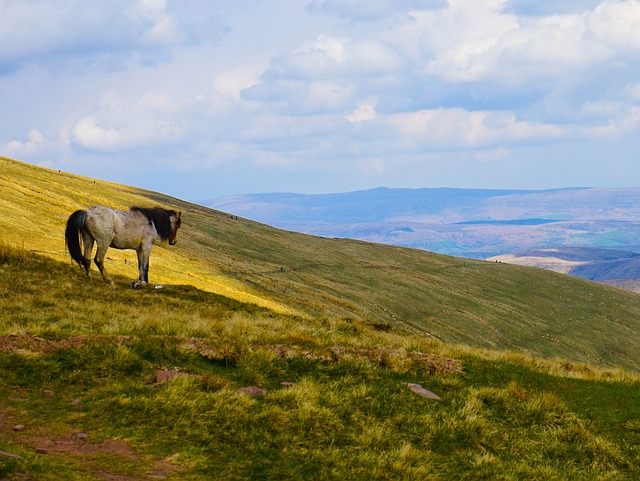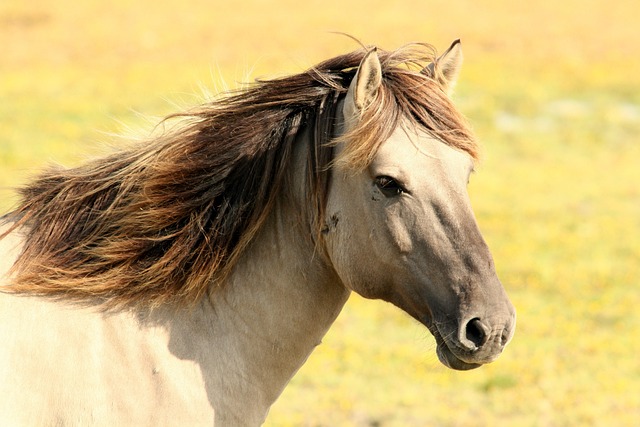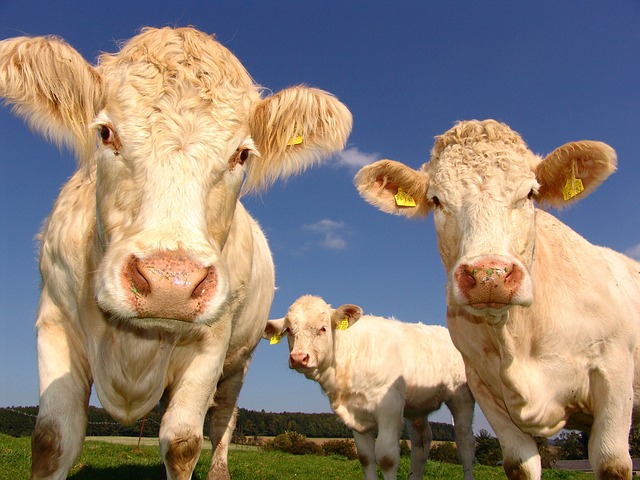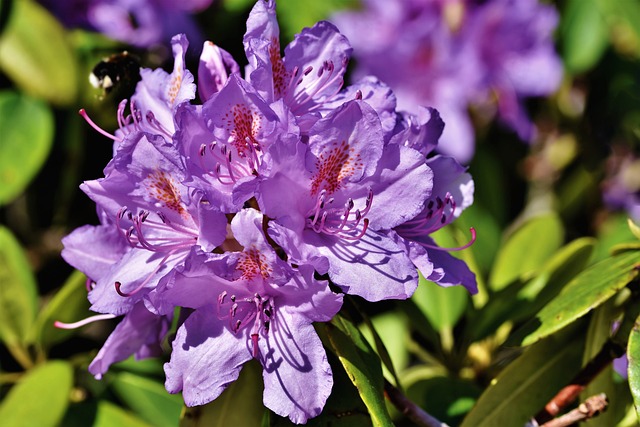
Rhododendron
February 2, 2023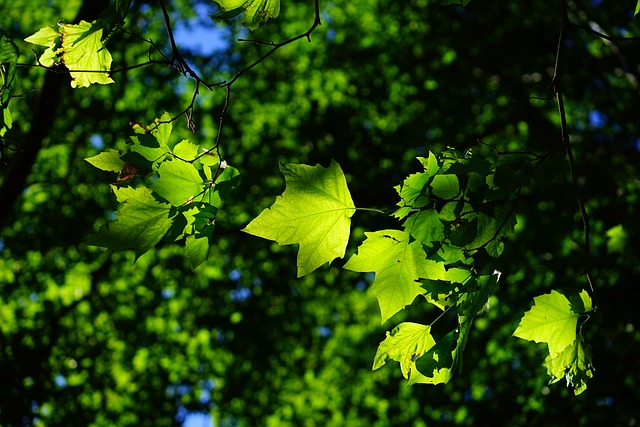
Sycamore tree
February 2, 2023St John’s Wort: A Potentially Poisonous Herb for Horses in the UK
St John’s Wort is a plant species commonly found in the UK and across Europe. It is widely known for its medicinal properties and has been used for centuries to treat various ailments, including depression, anxiety, and mood disorders. However, this plant can also be dangerous to horses if they consume it in large quantities. In this blog, we will discuss the poisonous effects of St John’s Wort on horses and why it is important to be aware of this issue.
St John’s Wort contains hypericin, a compound that is toxic to horses. If a horse ingests large amounts of this plant, it can lead to a condition known as photosensitization. This occurs when the skin becomes excessively sensitive to sunlight and can result in painful skin irritation, blistering, and even death in severe cases. Additionally, the hypericin in St John’s Wort can also cause central nervous system disorders in horses, including changes in behavior, tremors, and seizures.
One of the major risks of St John’s Wort toxicity in horses is that it is often overlooked as a cause of poisoning. Horses may consume this plant while grazing in pastures or while eating contaminated hay or feed. In some cases, horses may also be given St John’s Wort supplements by well-intentioned owners who are unaware of the toxic effects on horses.
To prevent St John’s Wort toxicity in horses, it is important to be aware of its presence in pastures and to avoid grazing horses in areas where the plant is abundant. If you suspect that your horse has consumed St John’s Wort, it is important to seek veterinary care as soon as possible. Treatment may involve administering medications to support the horse’s liver and central nervous system, as well as providing supportive care to manage any skin irritation or other symptoms.
In conclusion, St John’s Wort is a commonly found plant in the UK that can be dangerous to horses if consumed in large quantities. Owners and caretakers should be aware of the toxic effects of this plant and take steps to prevent horses from consuming it. If you suspect that your horse has been poisoned by St John’s Wort, seek veterinary care immediately

